
Andy Higgins Awarded with 2023 Emory R. Rodgers Leadership in Building Safety Fellowship
With the fellowship opportunity, Higgins chose the Senior Executives in State and Local Government Program at the Harvard Kennedy School, which he had been eyeing for nearly a decade.
Andy Higgins, Director of Customer Success for the City of Seattle Department of Construction and Inspections (SDCI) started his career in building safety in the late 1990s after being offered an internship in Seattle. He happily accepted the offer but had no idea the profound impact it would have on his life or his career.
“Once I tried it out, I fell in love with it,” said Higgins. “Ever since then, I’ve dedicated my entire career to making public service better and making sure we are efficient, effective and doing everything we can to dispel that myth that government is inefficient.”
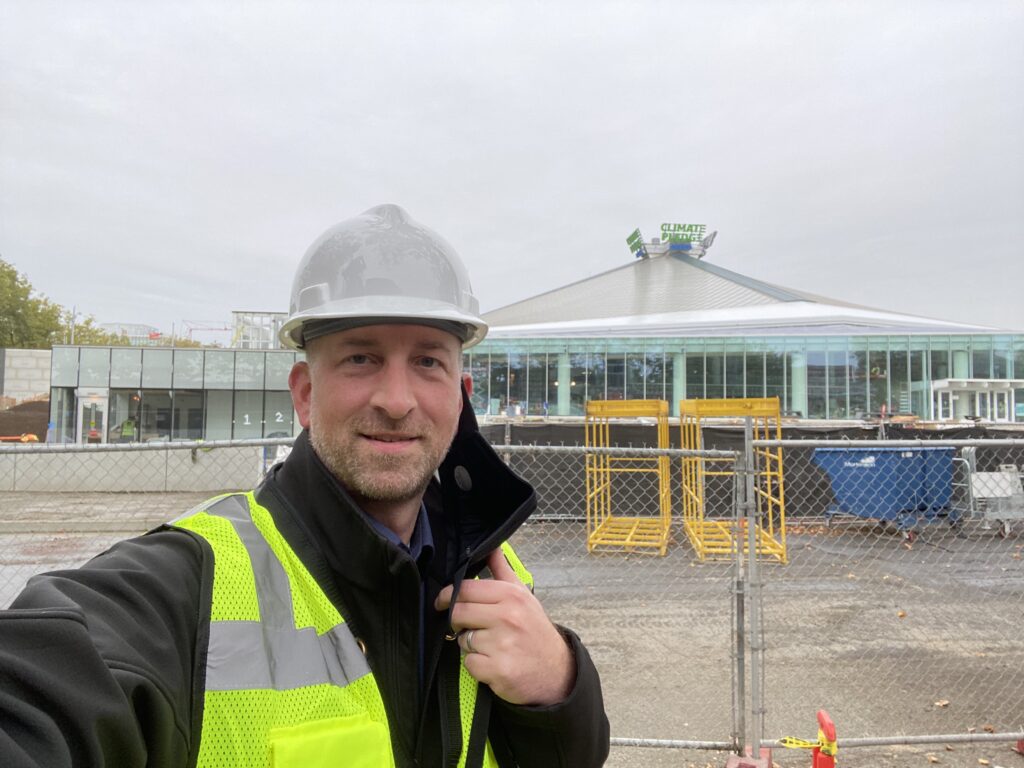
His myth-busting is no small matter. Everything Higgins has done – from his Six Sigma training to his MBA in Operations, Strategy & Supply Chain Management from the University of Minnesota – has been driven by his goal to improve efficiency wherever and whenever possible.
He was pivotal in advancing continuous improvements for the City of Seattle, particularly in leading the shift from a paper-based system to a fully electronic one by mid-2018. While Higgins initially prepared for the possibility of an earthquake disrupting on-site work, his foresight ultimately positioned the city to successfully manage the far more extensive and prolonged transition to remote work during the COVID-19 pandemic.
“We were pretty much able to transition overnight to 100% remote work on the plan review and processing side of things and not skip a beat,” Higgins recalled.
Higgins’ foresight, persistence and commitment to building safety made him a standout choice for the International Code Council’s 2023 Emory R. Rodgers Leadership in Building Safety Fellowship.
Named after Bobby J. Fowler Award winner Emory R. Rodgers (2009), who spent more than four decades devoting himself to building safety, the fellowship was created to help building safety professionals further their careers. Every year, the fellowship is awarded to building safety professionals who have embarked upon a demonstrated executive-level career path and wish to further develop their leadership skills through an eligible executive development program.
With the fellowship opportunity, Higgins chose the Senior Executives in State and Local Government Program at the Harvard Kennedy School, which he had been eyeing for nearly a decade. He wanted to further develop his skills in executive leadership but thought that the cost, as well as the time away from his job and family, would make that impossible. The Emory R. Rodgers Leadership in Building Safety Fellowship changed everything.
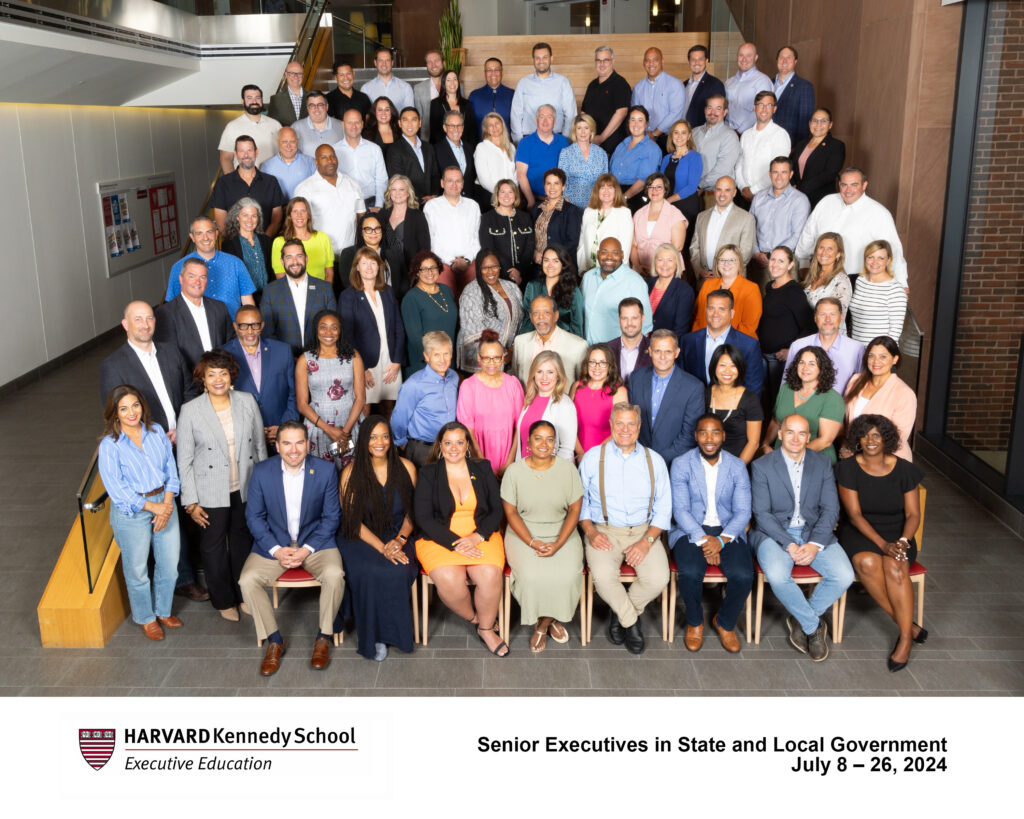
“I want to thank the Code Council for this opportunity,” said Higgins. “I was blown away! It was a phenomenal, life-changing experience. I really credit the Code Council for everything they did in allowing me to participate in this program and I’m eternally grateful. I also want to thank the people around me, my wife and family, who held down the fort while I was gone for a month. I couldn’t have done it without the support of my family.”
Every Great Career Starts with Passion
Higgins may not have known how his internship experience would influence his career, but after realizing where he wanted to be and the path he wanted to take, he let his passion shine through. To that end, he has one critical piece of advice for the next generation of building safety professionals: find your passion.
“My one piece of advice is to get involved, find something that you’re passionate about and raise your hand and volunteer,” Higgins affirmed. “Volunteer for a committee. Attend a code hearing. Ask what you can do to participate and add value in any way possible. You’ll meet a ton of fantastic people that are trying to make this world a better and safer place. The more you give, the more you’ll definitely get back in return.”
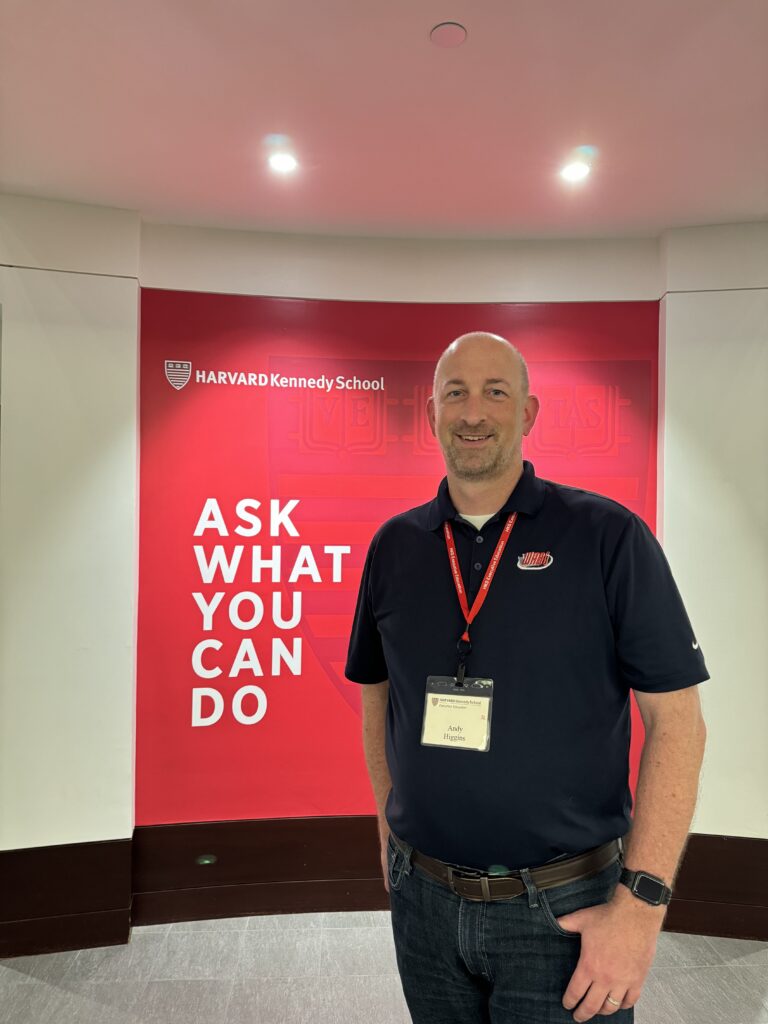
Higgins has served on many Code Council committees, including the exam development committees for the International Building Code® (IBC) and the International Residential Code® (IRC).
He is also an immediate past president for the Washington Association of Building Officials (WABO) and was instrumental in creating its Code Official Accreditation Program (COAP), which he chaired. COAP offers new building safety professionals the chance to learn remotely with a four-year, fully online program that includes training to become a permit technician, building inspector, plans examiner and code official.
“I attend a lot of code hearings,” said Higgins. “Currently I’m on the Building Membership Council (BMC) Governing Committee. I’ve participated in code development pretty regularly since 2009.”
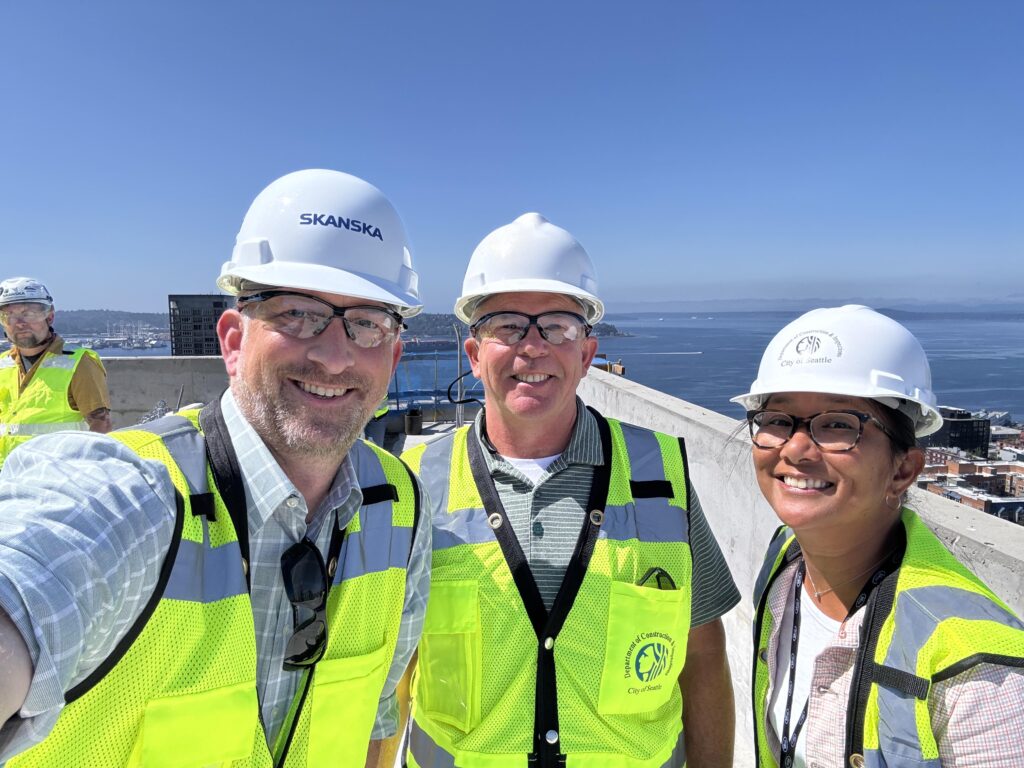
There’s More Than One Way to Launch a Building Safety Career
Higgins didn’t have a clear long-term plan when he started his undergrad studies at the University of Washington. While his experience proved to be a positive one, he said he wouldn’t suggest that every building safety professional should follow the same path.
“I don’t think a four-year education will remain the primary path moving forward,” said Higgins. “That was the path for me. But I’m seeing a lot of people come in straight out of the trades, working for a contractor for a number of years. Developing a relationship with an inspector who says, ‘You’d be great as an inspector yourself, have you ever thought about this as a career?’ And sort of opening people’s eyes.”
Higgins is especially interested in finding ways to bring more people into the industry. He said it’s important to create pathways for veterans and those who are looking to change their careers, as well as anyone who comes from an under-represented community. He believes that by creating more avenues for them, the surge in interest in building safety will be huge.
“My kids have been looking at community college and transferring to four-year institutions,” said Higgins. “I think there are a lot of different pathways for kids these days and it doesn’t always have to be the traditional four-year degree, which is exactly why we created the accreditation program through WABO.”
Instead of assuming college is the answer, Higgins encourages future generations to think about what they can attain in a short period of time.
“Once you’re able to take that next step and have a goal associated with that, I think that is the key,” Higgins added.
While Higgins said that each endeavor has been valuable, he credits his many Code Council certifications – including his status as a Certified Building Official and Master Code Professional – with propelling his career.
“Going back and getting my MBA certainly didn’t hurt,” he said. “But the doors that really opened to me came from the opportunity to leverage the certifications I had obtained and really focusing in on trying to continuously learn and grow.”
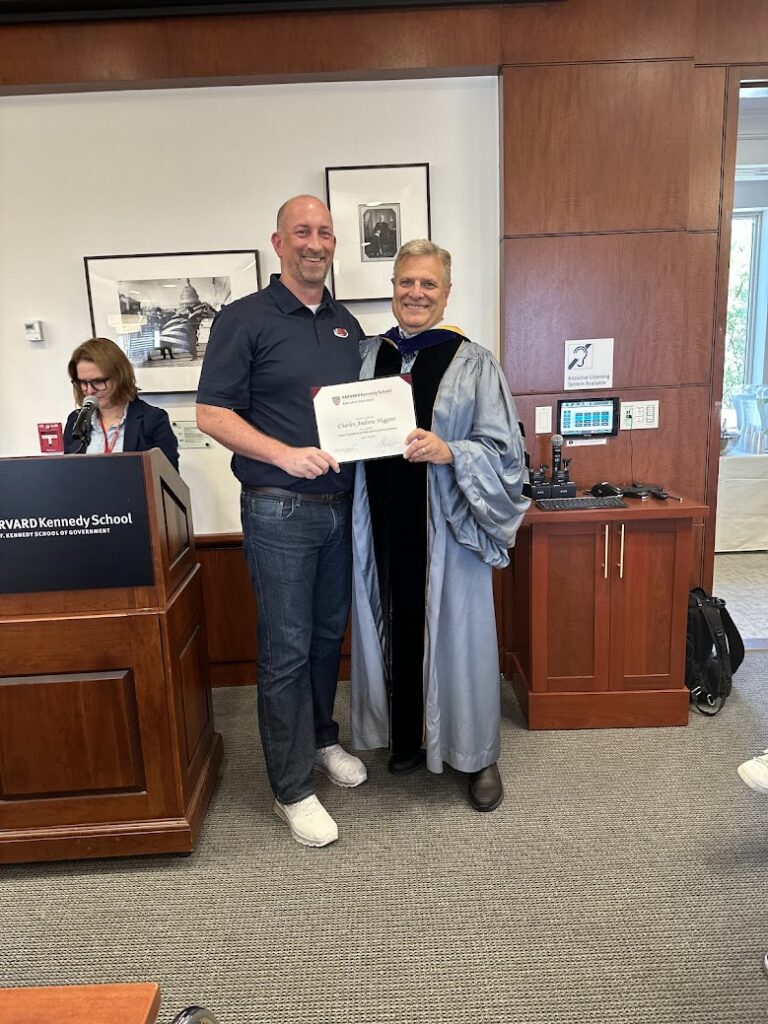
The deadline to apply for the Emory R. Rodgers Leadership in Building Safety Fellowship is December 16, 2024, you can apply here.








